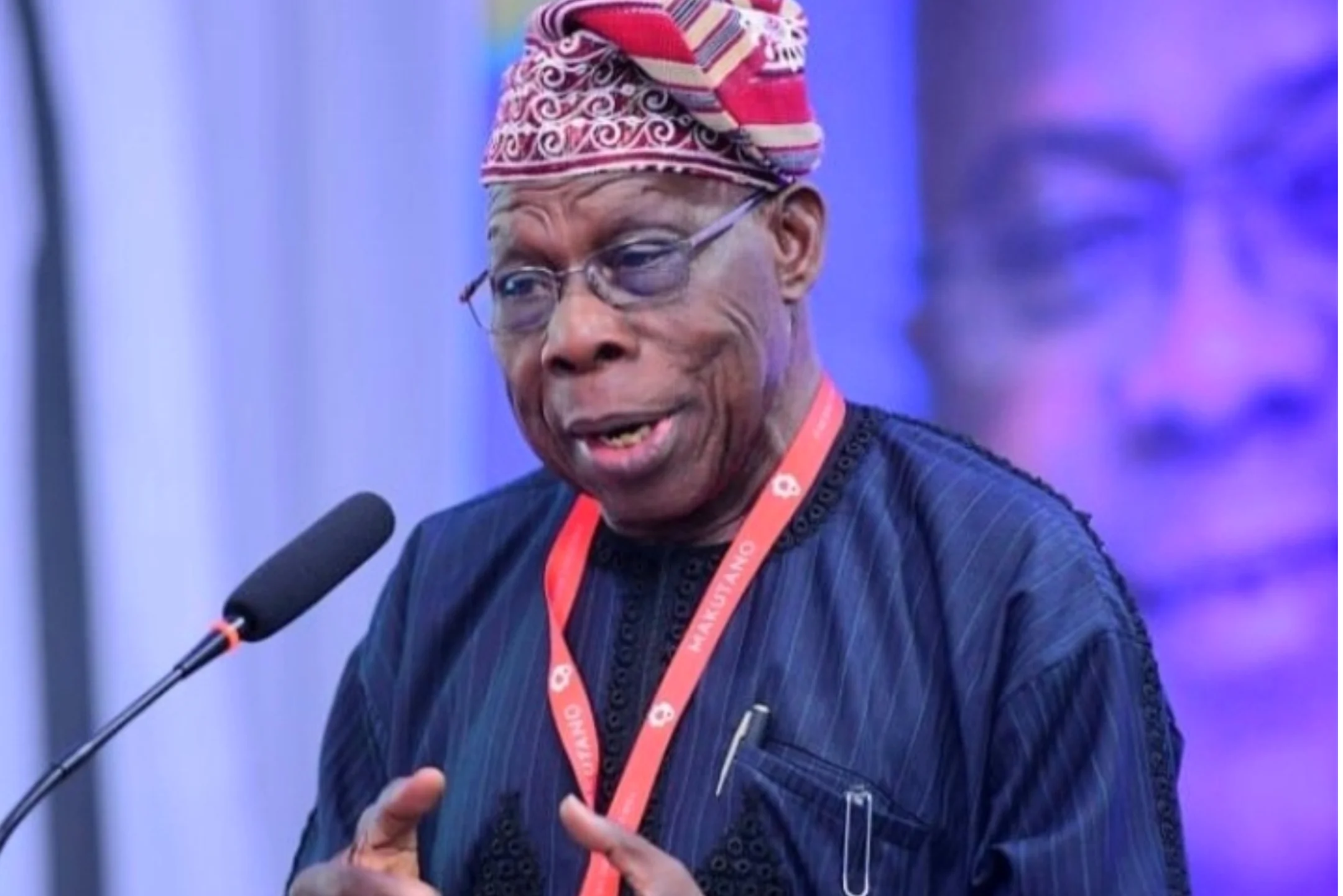Former President of Nigeria, Olusegun Obasanjo has described as ‘cathedral judgements’ verdicts of the Nigerian judges on electoral disputes, maintaining that three to five judges should not be allowed to overturn decisions made by millions of voters during elections.
Obasanjo described the powers vested in the hands of a few judges as totally unacceptable.
The former president appeared to be discussing recent rulings by the Court of Appeal about electoral challenges resulting from the nation’s elections in 2023.
Three opposition governors were recently removed from office in separate rulings rendered by the Court of Appeal justices.
The affected governors include Dauda Lawal of Zamfara State, Abba Yusuf in Kano, and Caleb Mutfwang of Plateau State.
The judgements have triggered reactions, earning the judiciary more knocks than kudos.
Read Also: How Africa’s Untapped Potential Can Be Unlocked – Obasanjo
Speaking at a high-level consultation on Rethinking Western Liberal Democracy in Africa held at Green Resort Legacy, Olusegun Obasanjo Presidential Library, Abeokuta, Ogun State, Obasanjo faulted the ‘cathedral pronouncements’ by the judges.
He said, ‘I believe whatever form of democracy we have or whatever system of government we have, three or four men in the judiciary should not be able to overturn the decisions of millions that have voted.
‘Now, we have to find a way to handle that. I don’t know what the way will be but, for me, I think it’s totally unacceptable that millions (of votes), maybe 10 million on one side, maybe nine million on the other side. Then, you have five people sitting down, three of them agree, two disagree. And you come up and make cathedral pronouncements that cannot be changed, I believe that should not be accepted.’
‘How do we do it? I don’t know. But whatever form of democracy we have, we should look at how to handle this. If you say ‘go again for election,’ then, what happened to the previous election? I don’t know.’

